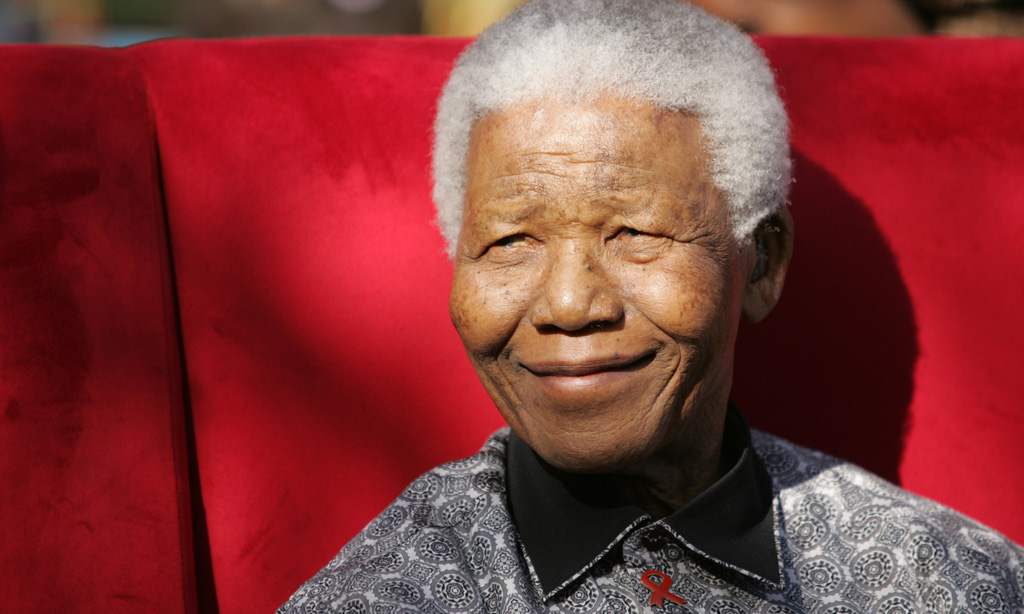Mandela Condition Raises End of Life Questions

When Nelson Mandela, human rights activist and former president of South Africa, entered the hospital about six weeks ago, his condition raised questions both in South Africa and around the world regarding end of life care. He does not now have a living will or health care surrogate appointed and there has been a great deal of contention among his family members in the recent past.
To this may be added a lack of consensus concerning his medical status. Some claim he is in a vegetative state and others, including his wife, Graca Machel, state that he continues to respond positively to treatment. One point on which there seems general agreement is that his condition is grave. He is on a ventilator.
South Africa’s National Health Act of 2003 is cited for the position that health services may not be provided to a patient without that person’s informed consent unless he or she is unable to provide it. If no one has been appointed, then consent could be granted by a spouse or by an adult child in that order. Mr. Mandela’s wife is his third wife although they have been married for several years. His children are from prior relationships.
It sometimes happens that there is serious disagreement among family members regarding end of life treatment. Recognizing this could happen, it makes sense to chose in advance who should make final decisions, to formalize the decision in writing using a health care power of attorney or similar document, and to spend some time explaining to your health care agent what your thoughts are on end of life care. Otherwise, even in the best of circumstances, final decisions may be made by a court.
Here are some reasons why people do not sign Living Wills, Advance Health Directives or Healthcare Powers of Attorney.
Denial. Delaying decisions on end of life care allows us on some level to deny it will ever be necessary. The thoughts are unpleasant and frightening. Like other difficult decisions, we may think it would be better to put them off to another day especially if we seem in good health at the time. Unfortunately, the person who is in good health and stricken suddenly by accident or illness often is the one who does not have the necessary documents in place.
Indecision. It can be difficult to chose a health care agent who you trust will make decisions consistent with your own. This means opening the conversation and then deciding who would act according to your wishes.
Lack of information. A better understanding of the process could help. Several medical professionals have told me over the years that artificial feeding and hydration methods, for instance, can prolong the process of dying, make it more painful, and risk infection.
Often individuals are concerned that medical professionals – or the family – might give up too soon. These are issues also to be discussed with the health care agent.
There is some information that individuals should know in making their decision whether to have a living will or advance health care directive.
First, a living will is not a “do no resuscitate” order. Do not resuscitate orders are medical orders typically issued in a hospital or medical setting. They indicate that a person does not wish to be revived following a crisis. This is not the same as a living will. A living will is a general expression of intent usually entered into at a time when issues of life support are not immediate.
Second, a living will generally should be signed along with a health care power. Although many form living wills leave space for appointment of a “healthcare surrogate,” this is probably not enough. The healthcare surrogate does not necessarily have the power to obtain information from doctors and medical professionals. That would be given by way of a health care power of attorney with HIPAA release or possibly by a HIPAA release alone. A person appointed as surrogate might have the power to decide on ending life support but not the power to obtain the information necessary to decide whether this should be done.
Finally, there are other alternatives to a living will or advance health care directive such as POLST and the “Five Wishes.” Consult with a professional if help is needed.
About the Author Janet Colliton
Esquire, Colliton Law Associates, P.C. Janet Colliton has practiced law for over 38 years, 37 of them in Chester County, Pennsylvania, a suburb of Philadelphia. Her practice, Colliton Law Associates, PC, is limited to elder law, Medicaid, including advice, applications and appeals, and other benefits planning including Veterans benefits, life care and special needs planning, guardianships, retirement, and estate planning and administration.
